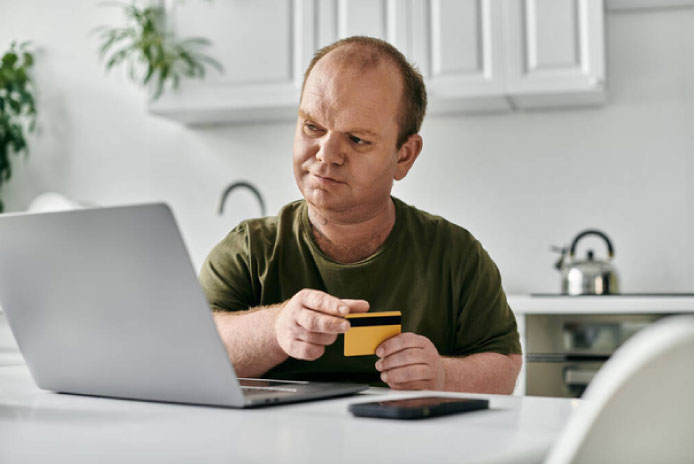Christmas 2024 reflects the changes in the behavior and priorities of Brazilians. According to the groundbreaking research by Hibou, a company specialized in monitoring and consumer insights, conducted with over 1,200 Brazilians, only51% of respondents plan to buy giftsThis year, an indication of the economic challenges faced by many families. Meanwhile, the survey revealed that14% of Brazilians will spend the date alone, an increase of3 p.p.regarding 2023. Despite that,40% still see Christmas as an opportunity to renew hope for the future.
“We are witnessing a movement that combines adaptation and resilience. The increase in the number of people who will spend Christmas alone and the reduced intention to give gifts reflect both financial constraints and emotional changes. Even so, Brazilians maintain the essence of Christmas, as a time of hope and meaning,” says Ligia Mello, CSO at Hibou and coordinator of the research.
Gift cuts and list changes
With the intention of giving gifts being lower than in previous years, budget stands out as a decisive factor: Of the 51% who intend to buy gifts,28% plan to spend between R$250 and R$500,20% between R$150 and R$250, while another 20% intend to invest between R$500 and R$1000. A small portion of 12% only intends to spend more than R$1000.
Even for those giving gifts, the profile of the recipients has changed.Children gained priority, rising 4 pp (54%), while the parents (47%)and spouses(48%) had significant drops, from15 p.p.and7 p.p.,respectively. The choice reflects a greater focus on the next generation and those closest within the family core.
Among the 31% who will not buy gifts this year, the main reasons are lack of money (32%), debt (14%), savings (18%) and not feeling in the Christmas spirit (12%).
Health is out of the question: clothes and perfumes dominate desires
If in 2023 health was the most desired gift by Brazilians, in 2024, the desire for tangible items returned with force:Clothes (22%) and perfumes (10%)top the list of most anticipated gifts, followed byelectronics (11%).Travel stays with7%of desire.
Health was a desire for 32%in 2023 fell to9%,indicating a shift from emotional priorities to practical and material needs.
Christmas shopping ranking
For the51%that they will gift, utility items gain full strength on the shopping list.64%they will invest in clothing and accessories;35%in perfumes and cosmetics;34%in toys;22% footwear and 13% books.
Purchases also show established trends.56% will choose to shop online,while acquisitions in shopping malls (49%)fell9 p.p.,Reinforcing confidence in e-commerce and delivery logistics. At the same time,43%they still prefer street shops.
Loneliness and hope coexist
The growth in the number of people who will spend Christmas alone, which reached14%, reflects a complex reality, with an increase in3 p.p.regarding last year. There was also a strengthening of the feeling of hope:40% of Brazilians see Christmas as a time of renewal,while 47% consider the date an opportunity to bring the family together.
This scenario reveals a duality: while some face introspection and loneliness, others find in the date a chance for reconnection and optimism.
Christmas traditions resist change
At the table, the classics continue to be the protagonists:Peru (18%), Chester (11%) and Pernil (9%)they remain among the most appreciated dishes. Family dinner remains one of the hallmarks of Brazilian Christmas, chosen by 27% of respondents.
Consumption with foot on the brake
Consumer behavior reflects the search for financial balance:44% will finance Christmas expenses with their monthly salary,already 2 in 10 Brazilians will use the second installment of the 13th, another 10% will use the first installment of the 13th, while7% will have extra income or side jobs.For many, Black Friday was a strategic opportunity, with33% having purchased gifts during promotions.
“The research shows us how much Christmas adapts to social and economic conditions. Even amid restrictions and changes in behavior, Brazilians still value the date as a moment of renewal and connection. It is a reflection of our ability to adapt and the emotional value that Christmas carries,” concludes Ligia Mello.


